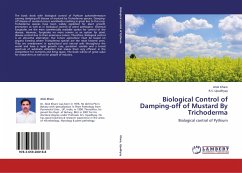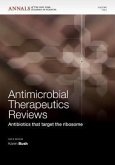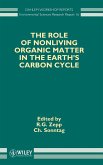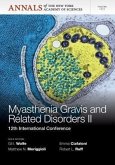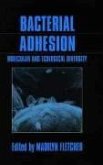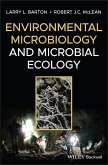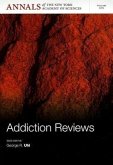Despite international agreements to prohibit the use of chemical warfare agents, there is still significant concern over their use in different parts of the world. Moreover, the victims of earlier use continue to present a challenge to clinicians. Studies of the effects of mustard gas at the tissue, cell and molecular levels have thrown light on basic questions in biology, and these studies merit a comprehensive review. There are existing volumes on this topic and on related toxicological and ecotoxicological studies, but this proposed book is much more up to date and focuses specifically on the most widely-used chemical warfare agent (mustard gas, otherwise known as sulfur mustard). Also, the most relevant preceding volumes are outdated, not readily available, and broadly focused. By contrast, this title is more clearly focused on toxicological mechanisms, crucial as a basis for future developments in the field. The editors believe this book will provide a fully comprehensive view on mustard gas, with attention to recent developments, in a way other titles have not, filling a gap in literature on chemical warfare agents.
Hinweis: Dieser Artikel kann nur an eine deutsche Lieferadresse ausgeliefert werden.
Hinweis: Dieser Artikel kann nur an eine deutsche Lieferadresse ausgeliefert werden.


